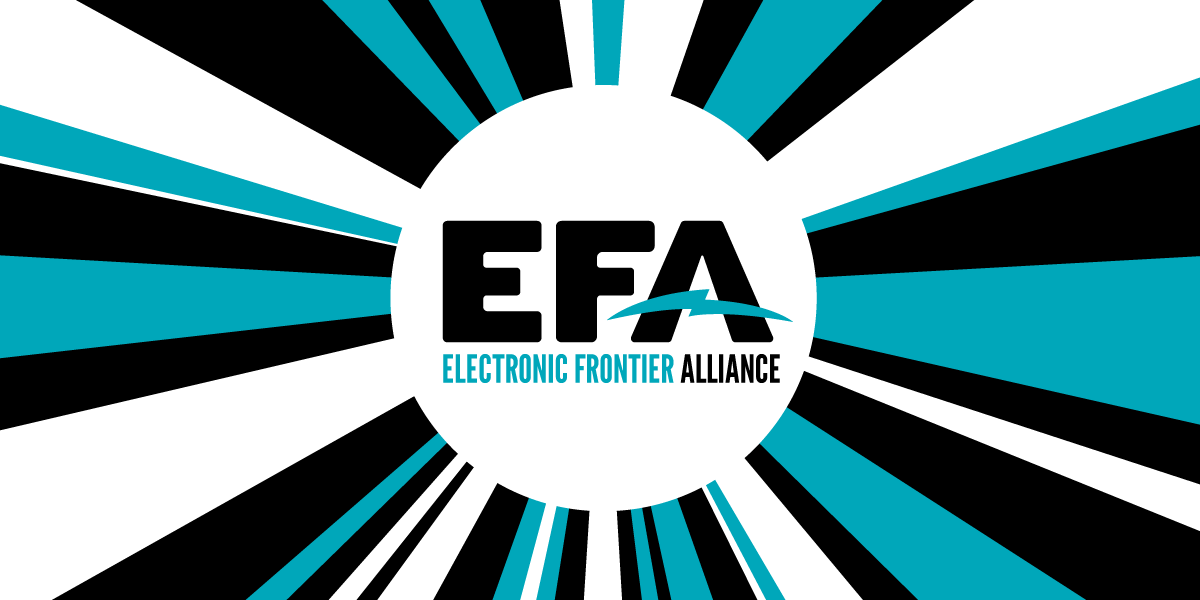In a world where privacy and security rights are constantly at risk due to the intervention of governments and large corporations, the role of technologists becomes crucial. These professionals work on the development of alternative tools and resources that empower communities to protect themselves against these threats. Initiatives led by nonprofit organizations are essential to ensure that, despite powerful adversaries, there are opportunities for security and autonomy.
The Calyx Institute, a nonprofit organization based in New York, emerges as a notable example of this effort. Founded by Nicholas Merrill, known for successfully challenging a provision of the USA Patriot Act, the Calyx Institute is dedicated to safeguarding digital privacy, improving connectivity, and working towards a future where everyone can access tools that keep them safe and connected. Their work is supported by over 12,000 members who back the organization’s mission.
Recently, the Calyx Institute joined the Electronic Frontier Alliance (EFA), a network that encompasses various local nonprofit organizations in the United States. The EFA is guided by five key principles: privacy, free expression, access to knowledge, creativity, and security. This collaboration has allowed Calyx to join a collective effort to defend digital rights more effectively.
Among Calyx’s standout initiatives is the development of a software ecosystem focused on privacy and affordable internet access. One of their most notable projects is CalyxOS, an Android-based operating system that encrypts users’ communications, protecting them from mass data collection. However, the organization faces significant challenges, especially in finding a balance between usability and privacy in the development of their tools.
The traditional business model, which relies on data collection, complicates the creation of open-source software solutions that are intuitive and accessible. Additionally, many digital rights advocates are constrained by scarce resources and a lack of incentives to contribute to the building of an alternative digital ecosystem.
Calyx’s commitment to the New York community includes collaborations with various organizations to combat mass surveillance and other digital challenges affecting marginalized communities. Among their achievements are support for campaigns to restrict the use of facial recognition in the city and the implementation of educational programs on privacy and cybersecurity.
To enhance their work, Calyx has established a grant program aimed at supporting the development of digital privacy and security tools. This program seeks to facilitate the funding and necessary resources for different organizations to carry out their initiatives. The intention is not only to help communities overcome existing barriers but also to build strong relationships that strengthen social fabric.
Opportunities to engage with the Calyx Institute are varied, from contributing to their software ecosystem to participating in the localization and translation of their platform. Looking ahead, the organization aims to expand the availability of CalyxOS on accessible and affordable mobile devices globally.
Calyx’s long-term vision is for digital privacy, security, and connectivity to be an accessible right for all, regardless of their economic situation or technical level. To achieve this ambitious goal, it is crucial to continue creating tools, educating the population on their use, and fostering collaboration with other organizations that share the mission of protecting digital rights.
Source: MiMub in Spanish










